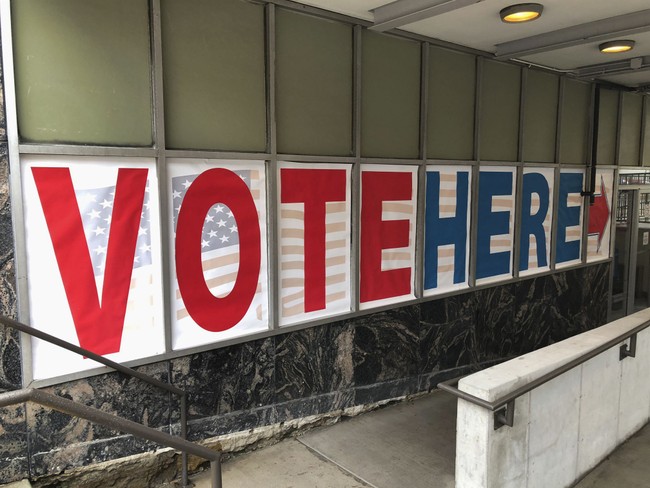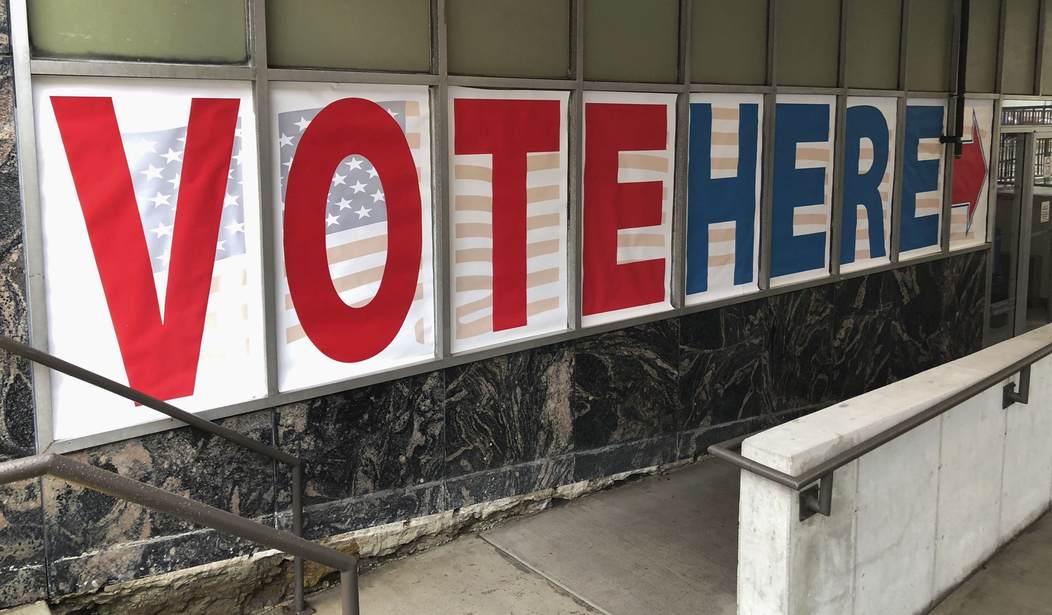For decades, America’s voter roll maintenance system has been running on fumes. It still relies on tools like the Postal Service’s National Change of Address database and the Social Security Death Index- once considered cutting-edge but now hopelessly outdated. These systems were designed for a world where people moved less, technology was slower, and data sharing across states was primitive. That world no longer exists.
Americans move frequently, often across state lines, and government databases struggle to keep up. The result is predictable: bloated voter rolls full of outdated records. Every year, voters die, relocate, or become ineligible, but their names remain on the rolls. Election officials, stuck with antiquated systems and vague federal guidelines, are forced into a game of bureaucratic whack-a-mole. The integrity of our elections depends on accuracy and trust—but the tools we use to maintain trust haven’t kept pace with modern life.
It doesn't have to be this way!
A growing number of election administrators are finding that the answer isn’t another lawsuit or government database—it’s commercial data. Credit bureaus and identity verification systems used by banks, insurers, and mortgage lenders already maintain the most accurate, continuously updated records of where people live and who they are. These tools, offered by firms such as Experian, TransUnion, and Thomson Reuters, can revolutionize voter roll maintenance.
Take Tarrant County, Texas. In 2025, the county contracted with Thomson Reuters’ CLEAR system to verify voter registration data in real-time. Within seconds, officials can confirm whether a registrant’s name, address, date of birth, and Social Security number align across multiple sources. That means fewer errors, fewer duplicate registrations, and fewer undeliverable mail ballots.
Orange County, California, achieved similar success when it collaborated with Experian to verify voter addresses. Over eight years, officials identified more than 400,000 potential address conflicts and confirmed more than 74,000 move-aways, cleaning up the rolls and saving taxpayer money on wasted mailings.
And in West Virginia, a pilot project using Experian data revealed that a quarter of the sampled voter records were associated with outdated addresses. This is an early warning system that helped prevent errors before they became controversies.
These examples demonstrate that commercial data doesn’t just help keep voter rolls accurate; it builds confidence. It reassures voters that their election officials are using every tool available to ensure fairness and transparency. It also gives election administrators confidence that their data is reliable, traceable, and defensible.
And unlike the Postal Service’s outdated system, commercial data operates in real time. Every day, millions of address changes, credit updates, and identity confirmations flow through these systems. These are not static government lists —they are dynamic, living records of where Americans live.
If a county registrar can check mortgage data to see where a voter resides, why should they be forced to rely on a postcard mailed to an empty house?
While state and local election officials can modernize their tools, the federal government has its own responsibility: collecting reliable data. The Election Assistance Commission’s Election Administration and Voting Survey (EAVS) is supposed to be the Nation’s most comprehensive report on how elections are run, but participation is mostly voluntary. That means the very officials responsible for reporting the health of America’s voter rolls can skip questions, submit inconsistent numbers, or simply ignore the survey altogether.
The consequences are severe. Researchers, legislators, and courts rely on these surveys to evaluate compliance with the National Voter Registration Act and other laws. If the data is unreliable, the entire accountability system collapses. MIT’s Charles Stewart once described EAVS as “close enough for social science, but not close enough for the courthouse.” He’s right. The data should be a cornerstone of election integrity, not a punchline.
The fix is simple: make EAVS participation mandatory. Congress should require every jurisdiction to provide full, verified responses, subject to quality control. This isn’t about partisanship, it’s about facts. Reliable data should not depend on who feels like filling out a spreadsheet.
It’s 2025. The idea that we’re still relying on postcards and voluntary surveys to maintain the foundation of American democracy is unacceptable. If we want elections that are secure, transparent, and worthy of confidence, we must use the best tools available. That means embracing commercial data and demanding honest reporting from every jurisdiction. Clean data means clean elections. It’s time to finish the fight and bring voter roll maintenance into the 21st century. It’s how we make elections easy to vote but hard to cheat.
Ken Blackwell is the Chairman of Election Integrity at the America First Policy Institute, in Washington, D.C.
Editor’s Note: The Schumer Shutdown is here. Rather than put the American people first, Chuck Schumer and the radical Democrats forced a government shutdown for healthcare for illegals. They own this.
Help us continue to report the truth about the Schumer Shutdown. Use promo code POTUS47 to get 74% off your VIP membership.





